Celebrating women in science at Marwell Wildlife
February 11, 2025
February 11, 2025
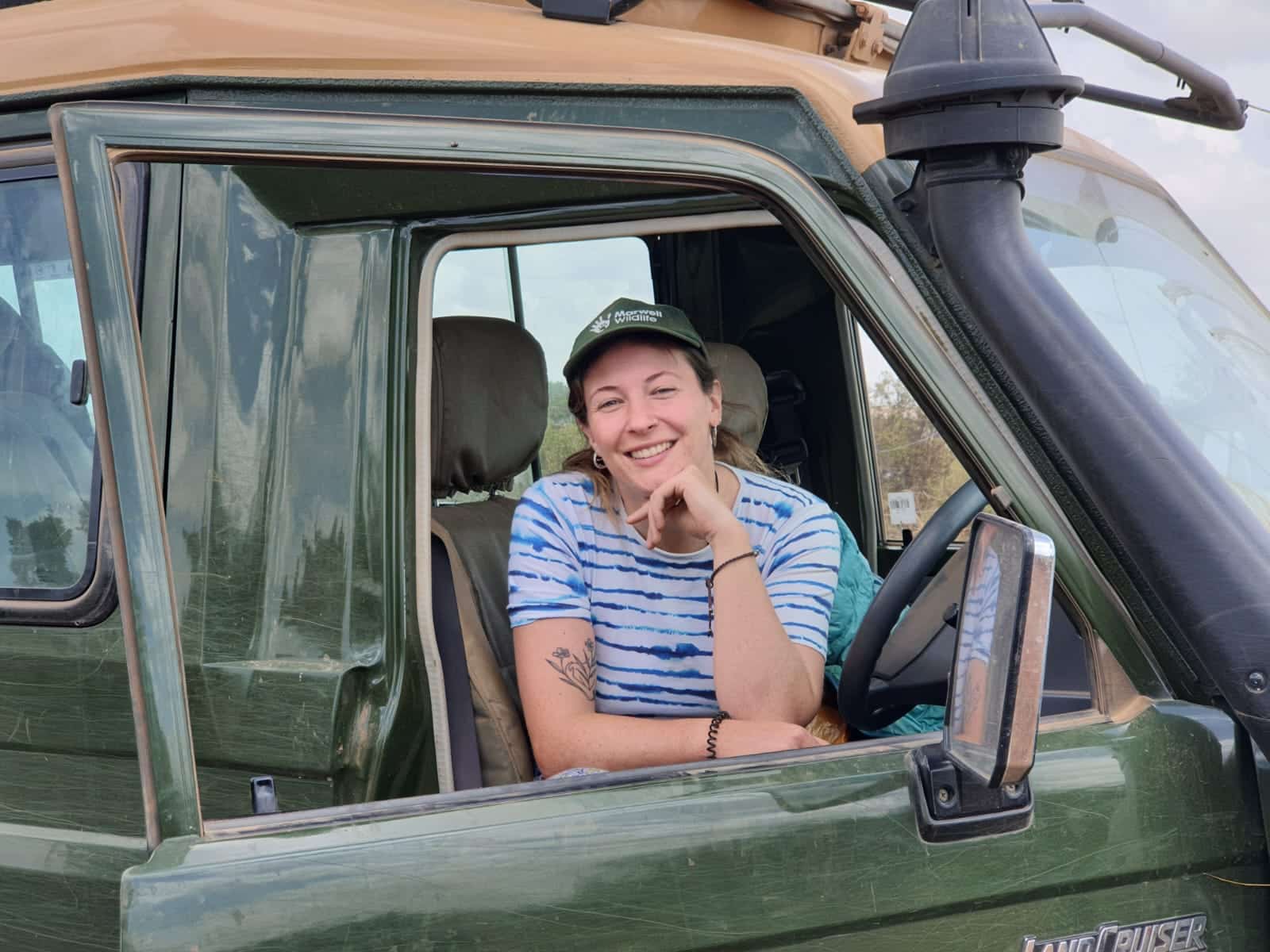
At the heart of Marwell Wildlife is an extraordinary team of conservation scientists whose passion and expertise are shaping the future of wildlife conservation. To celebrate International Day of Women and Girls in Science, we’re highlighting the dedication, innovation and invaluable contributions of our Head of Conservation Science, Zoologist and Ecologist. Their groundbreaking work is not only protecting vulnerable species and habitats but also paving the way for the next generation of women in science.
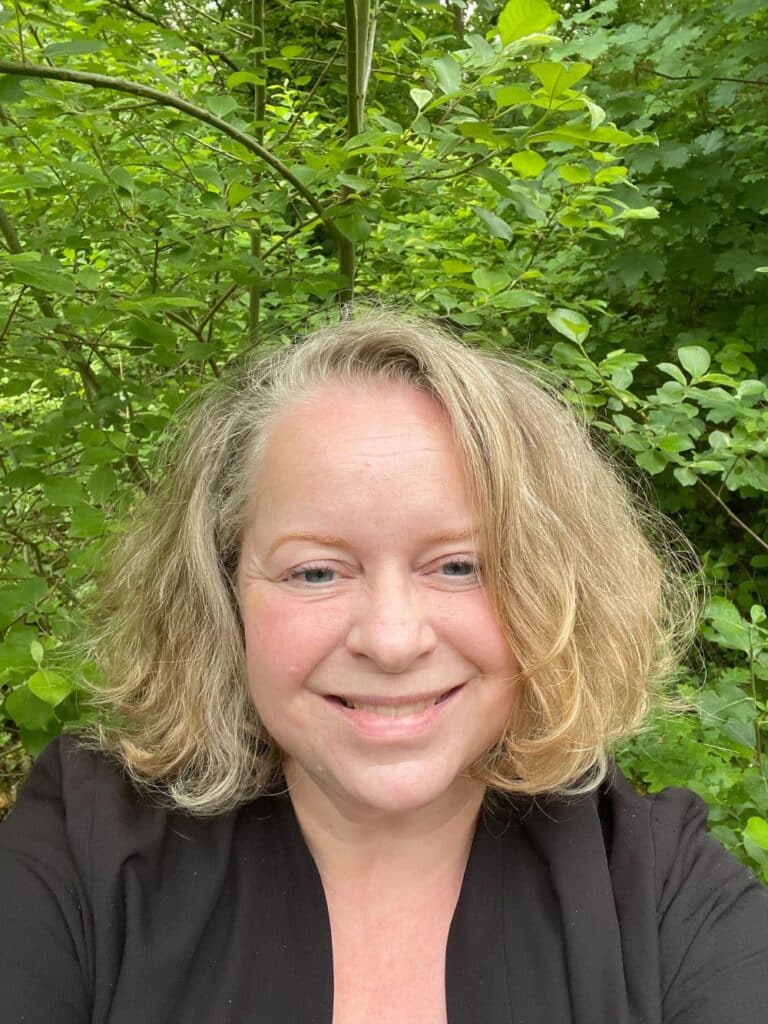
Dr Tania Gilbert, Head of Conservation Science
Tania’s passion for the natural world started early, inspired by backyard beetles and the work of David Attenborough and Jacques Cousteau. As a teenager, she became aware of the devastating impact humans have on the environment and dedicated herself to finding solutions to protect ecosystems and biodiversity.
“The most rewarding part of my job is knowing my work helps protect species and habitats for future generations,” she said. “One of the proudest moments of my career was reintroducing scimitar-horned oryx to Tunisia—seeing conservation efforts come full circle like that reaffirms why I chose this path.”
Tania champions the need for more women in science to bring diverse perspectives. She explains: “Women often bring unique problem-solving skills, a sense of empathy and a multi-disciplinary approach that are essential for the work we do in understanding and conserving our natural world.”
Her message to young girls interested in science is simple: “Never let anyone tell you your passion or curiosity isn’t valuable. Follow your interests, ask questions, ask lots and lots of questions, and don’t be afraid to give it your best shot. The world needs more young women to explore, discover, and make a difference in science and conservation and you never know what you are capable of until you try.”
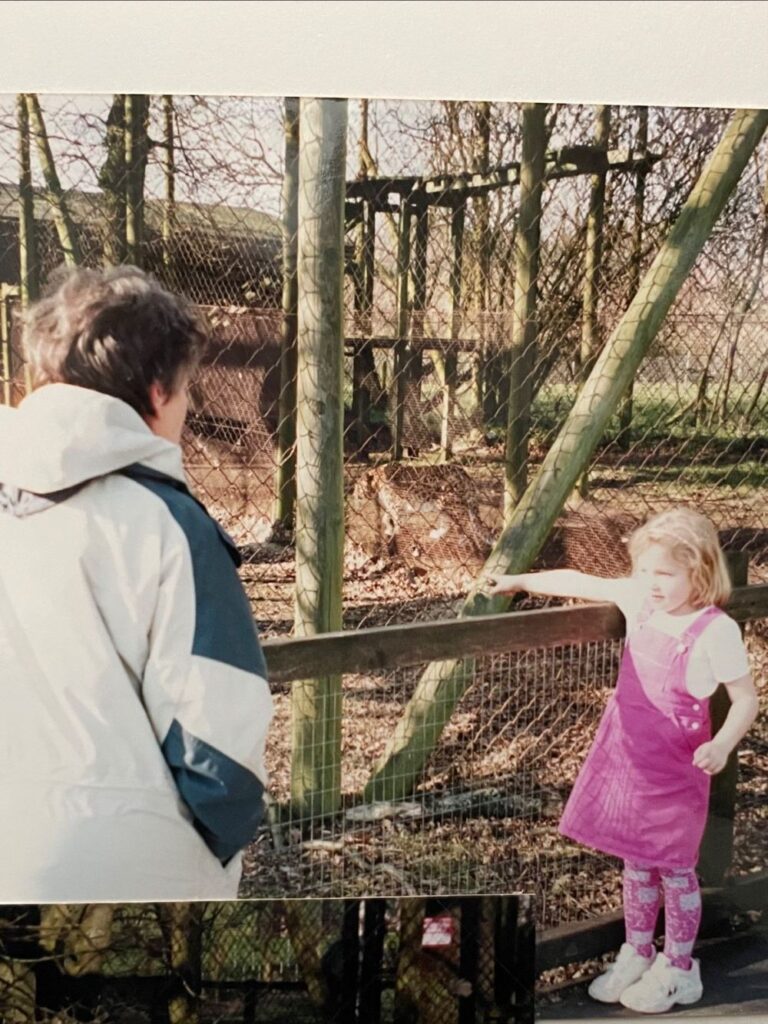
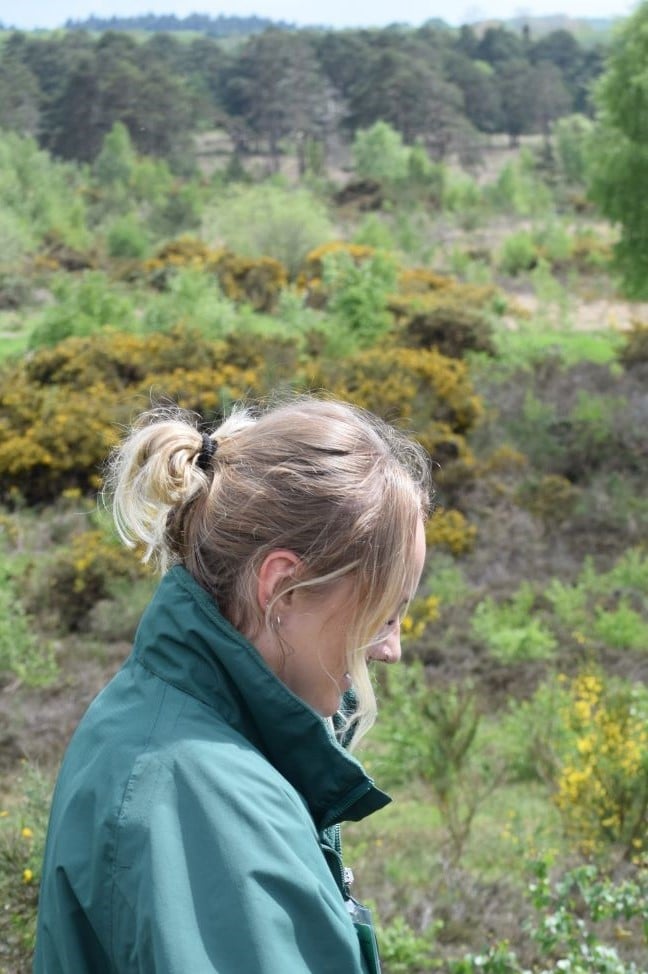
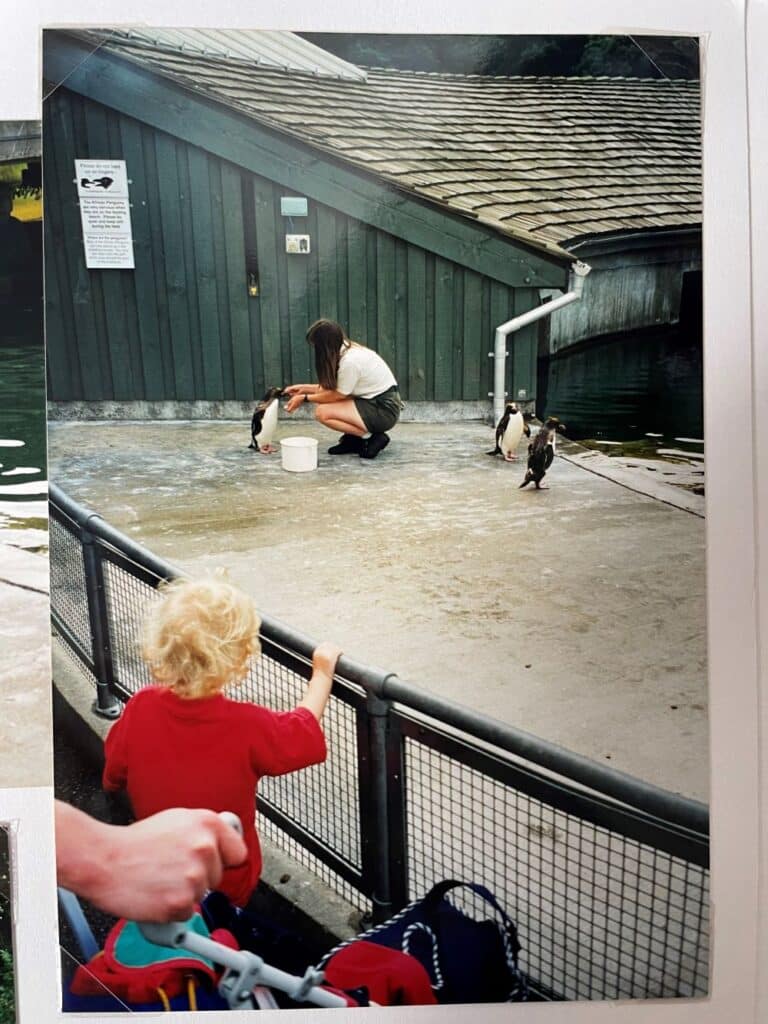
Sophie Whitemore, Zoologist
For Sophie, her love of wildlife began at a young age, with visits to Marwell sparking her curiosity and passion for conservation.
“Seeing the diversity of species at the zoo and learning more about the challenges species face, I knew I wanted to contribute to real-world solutions,” she explains. That determination led her to a career in zoology, where she now plays a vital role in species conservation.
One of the most fulfilling aspects of her work is storytelling—sharing the journeys of the species Marwell Wildlife works to protect. “Sharing their journeys- from the challenges they face to the conservation successes we achieve – helps connect people to wildlife and inspires action.”
Sophie is also a firm believer in the importance of diversity in conservation. “Science thrives on diversity – different perspectives lead to better solutions. The more inclusive conservation is, the more effective it will be in tackling global challenges.”
Sophie’s advice for aspiring conservationists? “Stay curious and don’t be afraid to follow your passion for science and wildlife. Conservation needs a variety of skills, so whether you love research, problem-solving, or working with animals, there’s a place for you. Seek out opportunities, ask questions, and surround yourself with people who support your ambitions – because your ideas and contributions matter.”
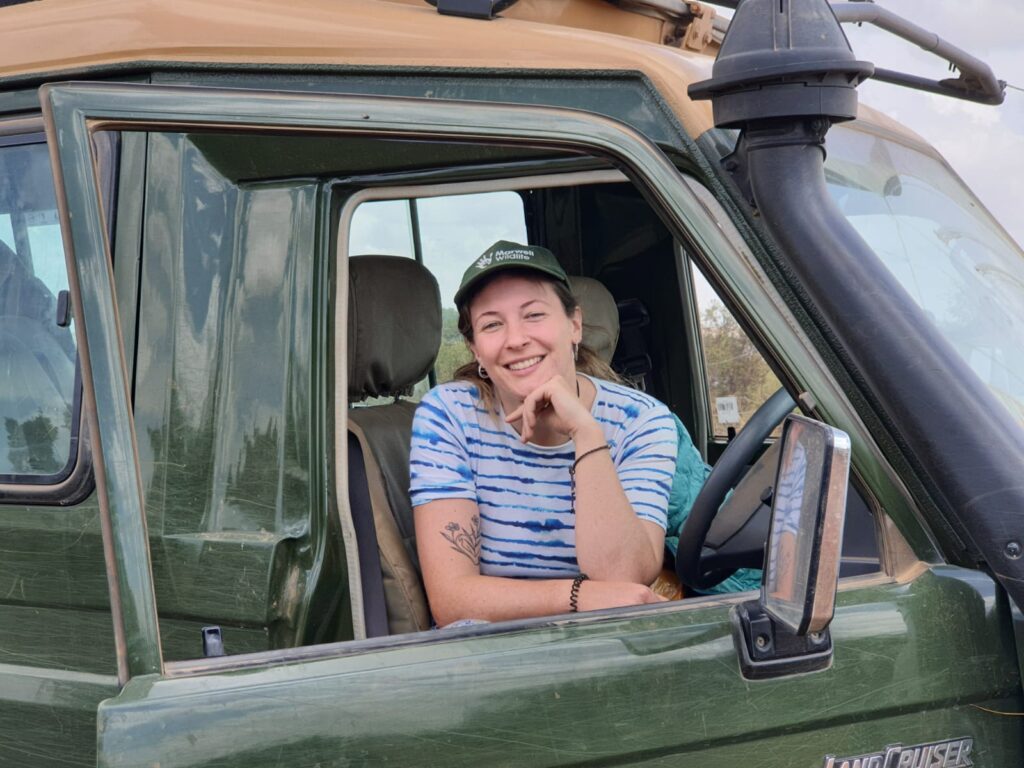
Carla Broom, Ecologist
For Carla, a career in conservation is more than science—it’s a deep-rooted connection to the earth and a powerful reminder science isn’t just about numbers and research but understanding our place in the natural world and working together to protect it.
She said: “Women bring a unique perspective to the field of conservation—beyond data and facts, science thrives on curiosity, creativity, and empathy,” she says. “Recognising and celebrating our integral place within nature is essential as we shape the future of environmental protection.”